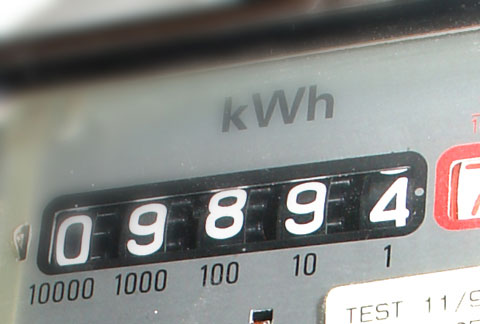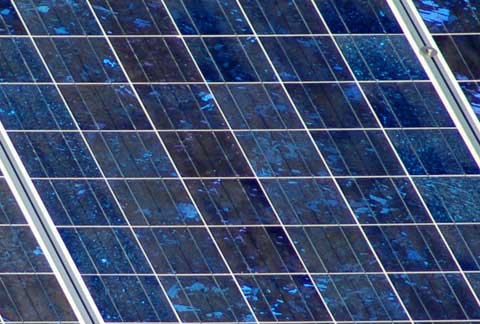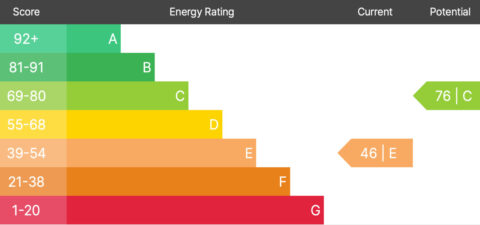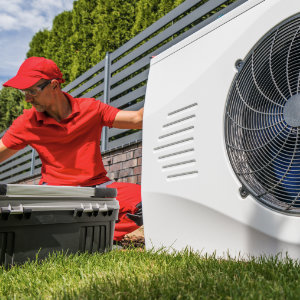Let’s face it energy conservation isn’t the sexiest subject in the world. Start a conversation with “how many inches of insulation have you got in your loft?” and the eyes glaze over! However. “How much money are you generating from your solar panels?” is a lot more exciting. Plus, instead of having a Greenpeace sticker on your 4 x 4, the panels show everyone how green you are! Whilst renewable energy has got to be a major part of meeting our future energy needs, we shouldn’t overlook the energy that can be saved through energy conservation and energy efficiency. That’s why it made me laugh to read, this weekend, of the Guardian and Ecotricity’s offer of the chance to win free electricity for a year. It completely misses the opportunity to mention how customers could save energy and money. They want you to use the £635* they are offering over 12 months: No prizes for using less. Just business a usual whether the energy comes from windmills or fossils fuels. How about a competition providing free energy monitors to new Ecotricity customers and a prize of a years free subscription to the Guardian, for those who can save the most?
Sust-it has been showing consumers how they can save money and energy by choosing the most energy efficient appliances for over five years; Energy conservation and energy efficiency makes sense but not enough money. That’s why, as a report from the Association for the Conservation of Energy has noted of the UK Department of Energy and Climate Change (DECC) that: “The vast majority of senior staff are assigned to energy generation rather than energy saving”? And there is no clear target or ambition for energy efficiency savings. It’s frustrating that so much more could be done at EU level to address energy demand reduction through a more radical approach to new buildings and refurbishment, as Bruce Tofield and Martin Ingham, of the UEA Low Carbon Innovation Centre and Build with CaRe, have called for in their recent report. The low carbon Passivhaus approach they advocate reduces energy demand and energy efficient appliances have to be part of that, together with changing behaviour to energy consumption – which is why giving electricity away for free, as with the Guardian / Ecotricity offer, doesn’t help people to value it or conserve it.
*The prize has a value of up to £635 and is based upon an average price (as of 29 February 2012) for an Ecotricity New Energy customer consuming 4,152kWh of electricity a year (DECC 2011).

























